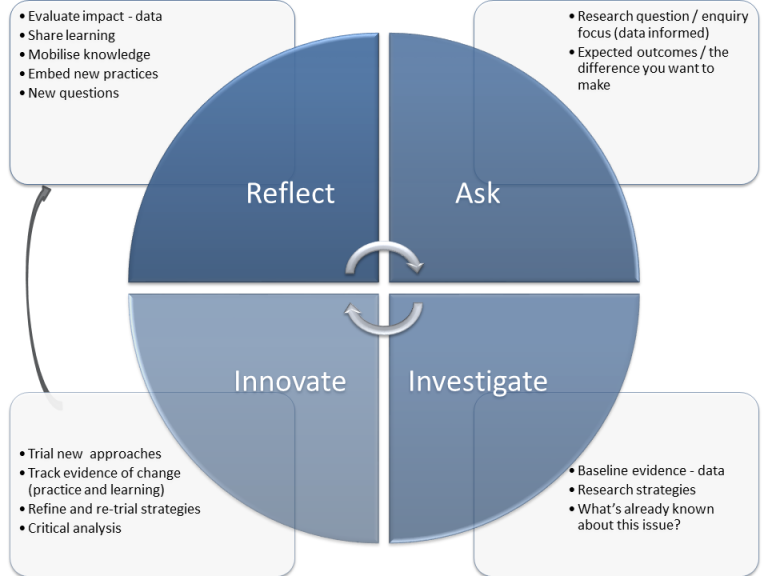Enfield Narrowing the Gap, Research and Development project
The UCL Centre for Educational Leadership worked with primary schools in Enfield to help narrow the achievement gap.

5 December 2018
Background
Enfield Local Authority (ELA) wanted to support primary school practitioners at Key Stage 1 and Key Stage 2 to narrow the gap in achievement for identified children in key areas, including reading and mathematics. Building on successful practice in early years, the ELA in collaboration with IOE planned to create research learning communities, comprising a teacher and senior leader from each participating school, to devise and evaluate strategies designed to narrow the achievement gap.
The ELA recognised the importance of creating a structured and purposeful framework for within and cross-school enquiry and collaboration in order for there to be a real and tangible impact on both staff and pupil learning. This programme drew on 2015 research from Professor Louise Stoll into collaborative research and development.
Challenge
Like many other local authorities, Enfield is aware that, although its primary age children make good overall progress, this is variable and gaps emerge early for those who may be EAL learners, economically disadvantaged or have a special educational need. In the rapidly changing school landscape, Enfield schools are still actively supported by the local authority’s School Improvement Service, which enjoys a well-established relationship with the IOE.
Solution

Background
The programme leaders and associate team at the UCL Centre for Educational Leadership devised an R&D cycle across 6 workshops which would help participating schools to:
- examine school-based data and evidence to identify areas for improvement
- understand the principles and practice of impact evaluation
- gather and analyse baseline data about current classroom practices related to the identified issue
- connect with and engage with relevant research
- devise and trial strategies for narrowing identified gaps and evaluate them
- analyse findings and share these within and outside of the group
- plan ways for carrying the learning forward and sustaining collaborative enquiry into 2018-19.
Impact
This R&D project reached 18 primary schools in Enfield. In a few cases, inquiries focussed only on the classes the teachers were themselves responsible for, but in most they covered an entire year group or phase; in a couple, the project affected the whole school.
Every school reported changes in teacher practices, and every school also noted improvements in outcomes for pupils. In some cases these improvements were significant and found in the tracking data. Some projects had smaller immediate impacts, but with these the teachers involved are confident that more progress will come with time. In almost every case, schools reported qualitative improvements, e.g. in quality of writing, attitudes to reading, engagement, staff confidence.
Very many schools noted the challenge of applying new teaching approaches consistently: they have reflected on the need for ongoing CPD and monitoring to support teachers. All agreed that R&D was a powerful vehicle for school improvement and benefitted from the opportunity to engage in structured, reflective, evidence-informed dialogue both within their schools and across schools within the group.
Enfield is convinced by the potential of school-based Research Learning Communities to effect meaningful change for its pupils, and is commissioning further collaborations with the UCL Centre for Educational Leadership for 2018-19.
 Close
Close

